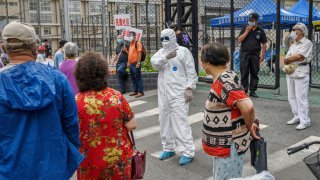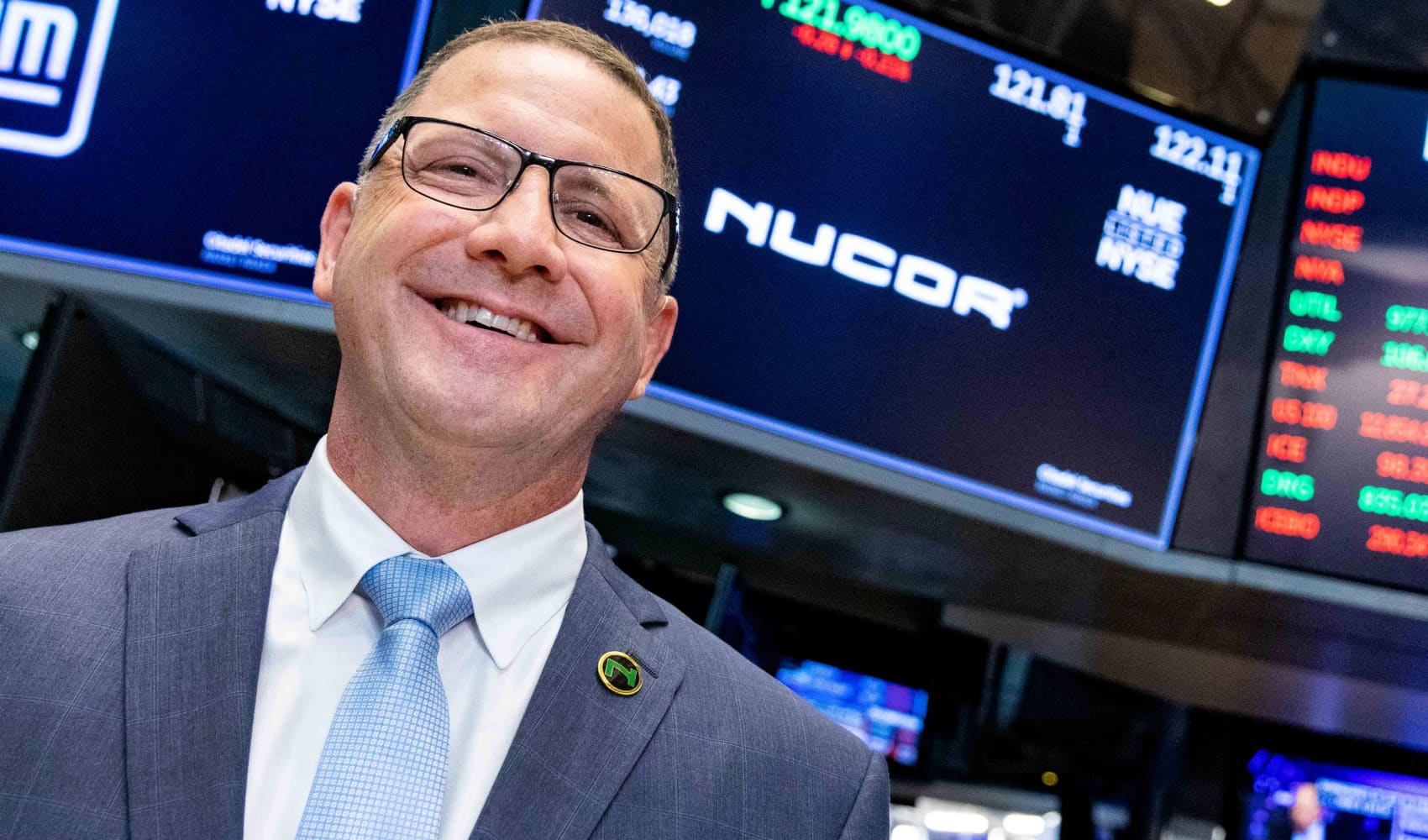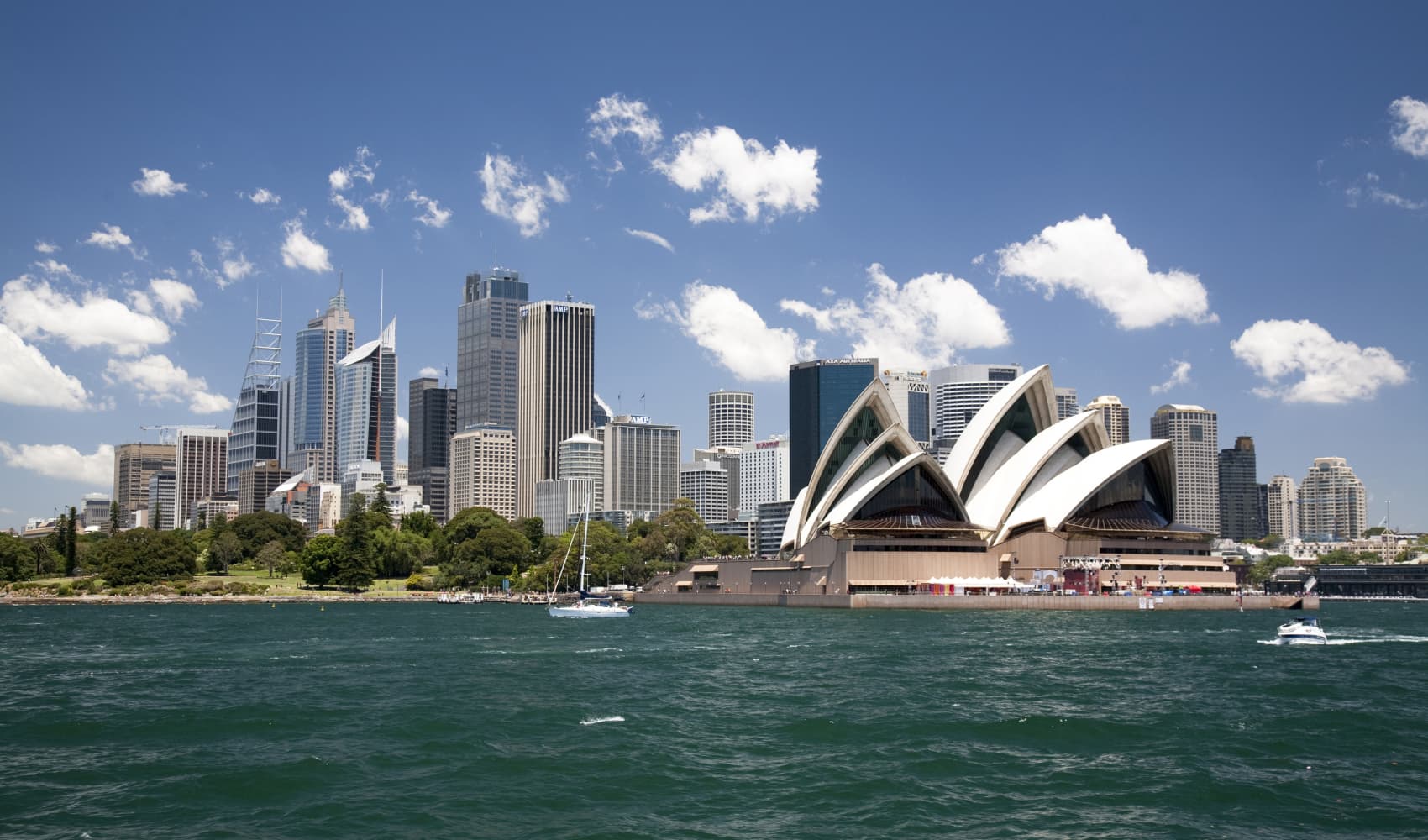
- Companies around the world are racing to make vaccines and other therapeutics to combat the virus that causes Covid-19.
- "We are working on 10 neutralizing antibodies and also on one Covid-19 vaccine. Some major progress is going on with these treatment," says Chris Chen, chief executive at WuXi Biologics.
Chris Chen, chief executive officer at China's WuXi Biologics, expects approval for a Covid-19 antibody treatment either "late this year or early next year, " he told CNBC.
WuXi Biologics, which sells outsourced laboratory and manufacturing services to biotech companies, has signed several deals with clients to research antibodies for delivering coronavirus treatments.
"We are working on 10 neutralizing antibodies and also on one Covid-19 vaccine. Some major progress is going on with these treatments," he told Emily Tan, speaking to CNBC as part of the annual East Tech West conference.
In a reference to the U.S. Food and Drug Administration's recent Emergency Use Authorization of Eli Lilly's antibody treatment, Chen said there's a strong chance that one of the antibody treatments WuXi is developing will receive such emergency approval "later this year or early next year."
An FDA Emergency Use Authorization permits use of an otherwise unapproved medical treatment or vaccine during a state of emergency, such as a pandemic.
Money Report
Hurdles ahead
As Covid-19 vaccines become more readily available, Chen said it will be a "great challenge for the industry to come together and to deliver that many doses," due to supply chain issues.
"Some of the vaccines have a storage issue and have to be stored in a minus-70 freezer, which is typically not seen in a hospital setting," he said. Some vaccines face raw-material shortages due to the pandemic, he added.
Read More on the vaccines
Covid vaccine front-runners: How much they cost, who’s bought them and how they’re stored
'Rule of the jungle': Health expert sounds the alarm on fair access to Covid vaccines
The creator of the Pfizer-BioNTech vaccine says life could return to normal by next winter
Others in the industry have voiced similar concerns about the problems to overcome before mass production and distribution can begin.
The new Covid-19 vaccine from U.S.-based Pfizer and Germany's BioNTech was found in a final data analysis to be 95% effective in preventing Covid-19, but it requires a storage temperature of minus 94 degrees Fahrenheit (-34 C).
The vaccine from Cambridge, Massachusetts-based Moderna, announced this week and similarly effective, remains stable at 36 to 46 degrees F (2 to 8 C) — the temperature of a standard home or medical refrigerator — for up to 30 days. It can be stored for up to six months at minus 4 degrees Fahrenheit (-20 C).
'Respond to the threat quickly'
Despite the difficulties, Chen said recent developments have shown that "we can respond to the threat quickly."
"Typically, it takes about 5 to 8 years to come up with vaccines or antibody treatments," he said. "Now, this year because of Covid-19, everything has come together in about 12 to 18 months."
WuXi Biologics, which has operations in the United States, Europe and Singapore in addition to China, will continue to invest in global biotech companies, he said.
China has made huge strides in the health care sector, but there is "still a lot of catch-up work to be done," Chen said.
The United States "has invested a lot into research, and Europe is doing the same thing. China is still lagging behind if you look at the investment in the research infrastructure," he said. "Whether China can compete globally and effectively, that remains to be seen."






